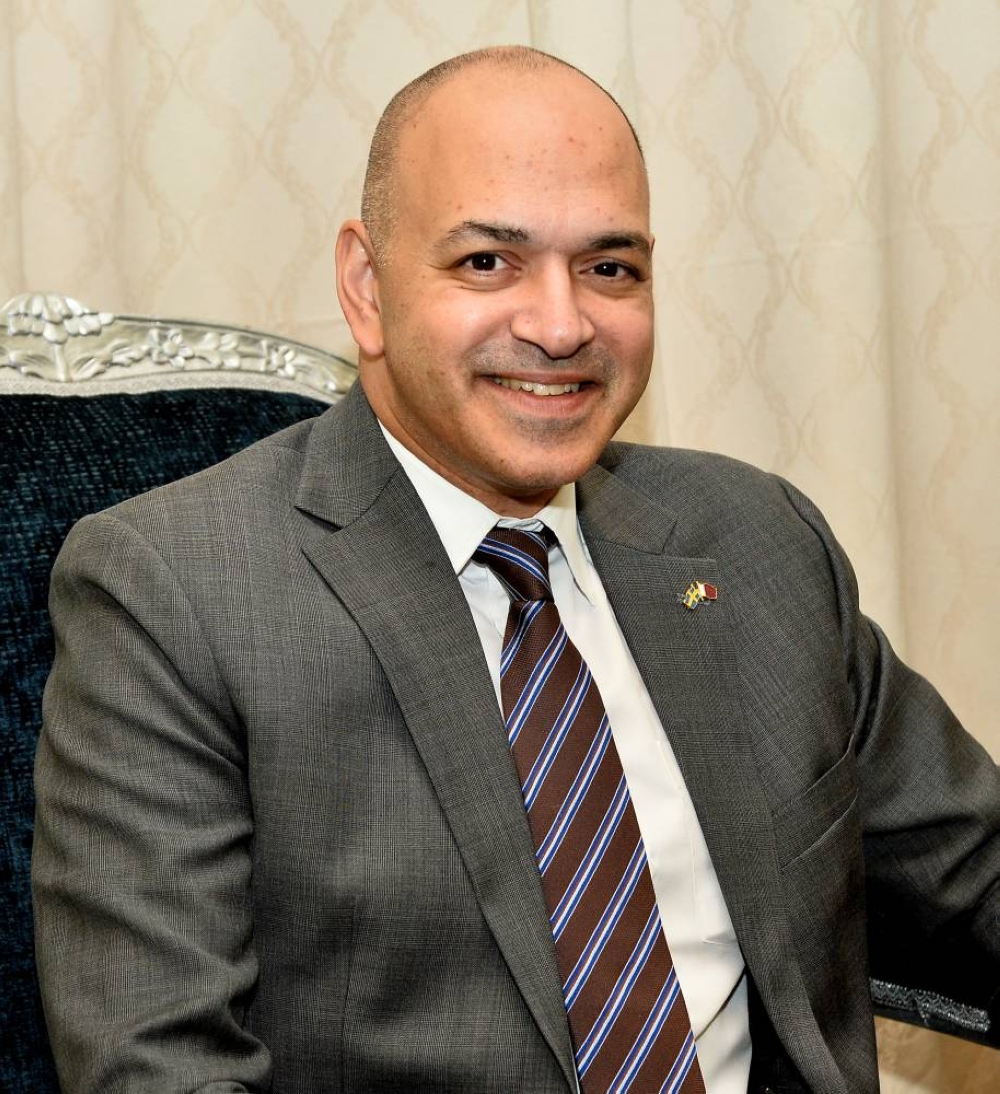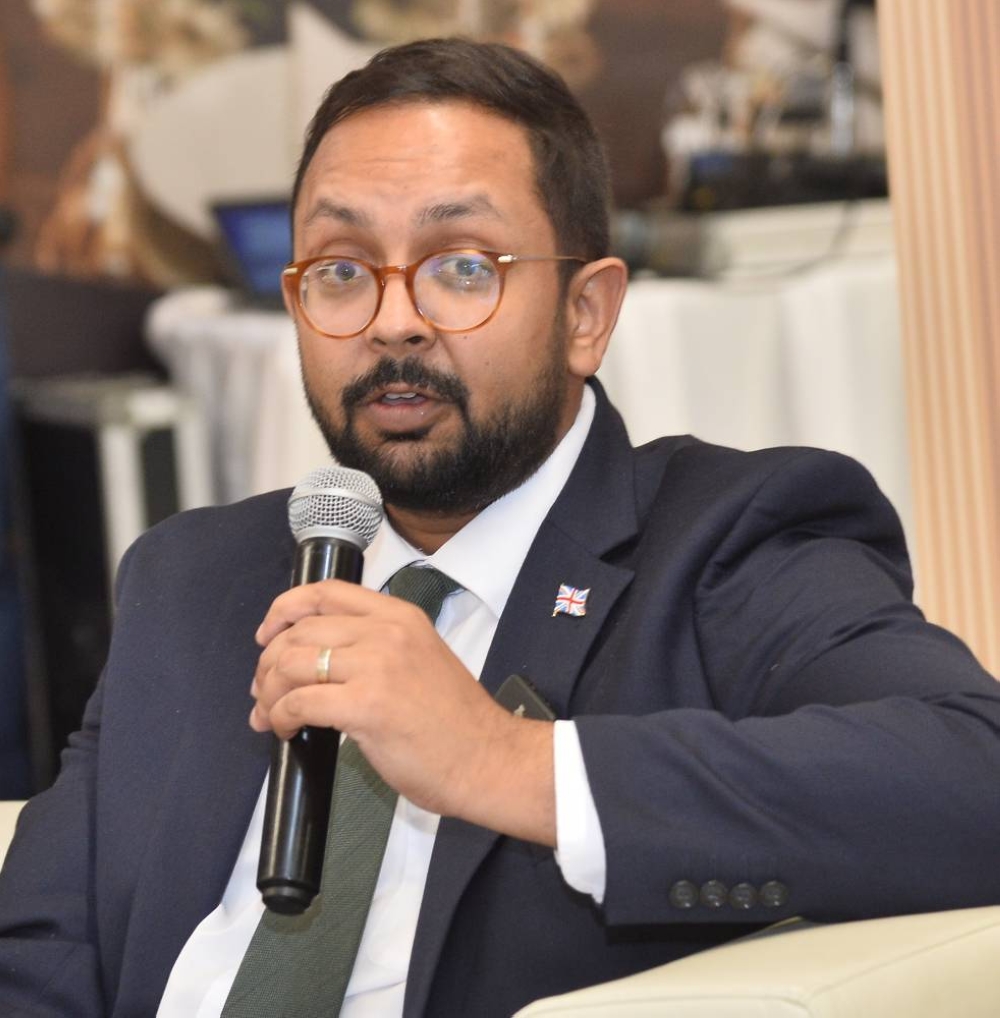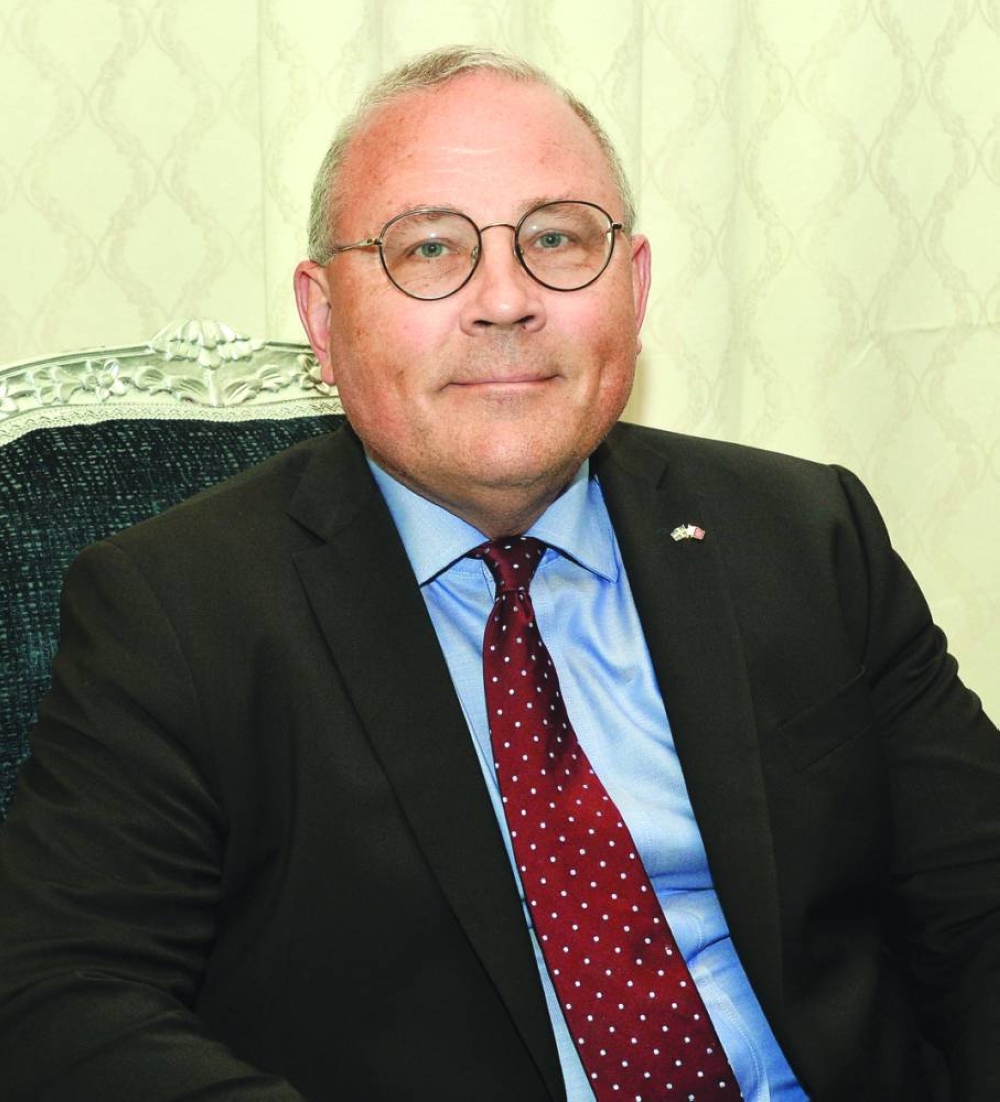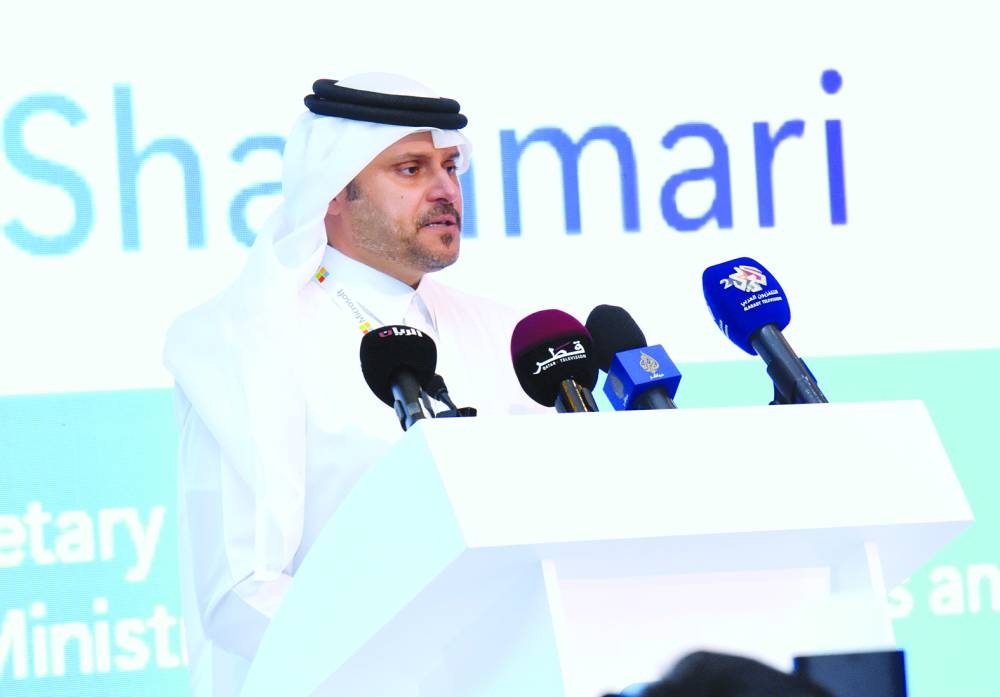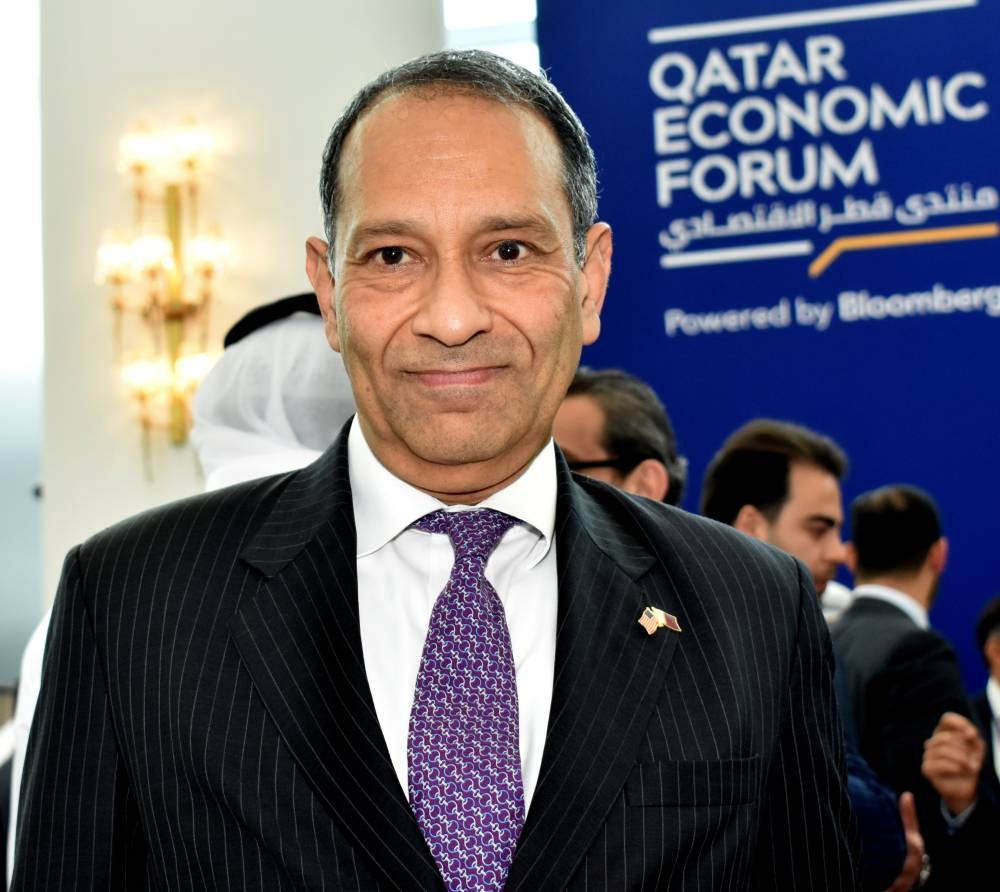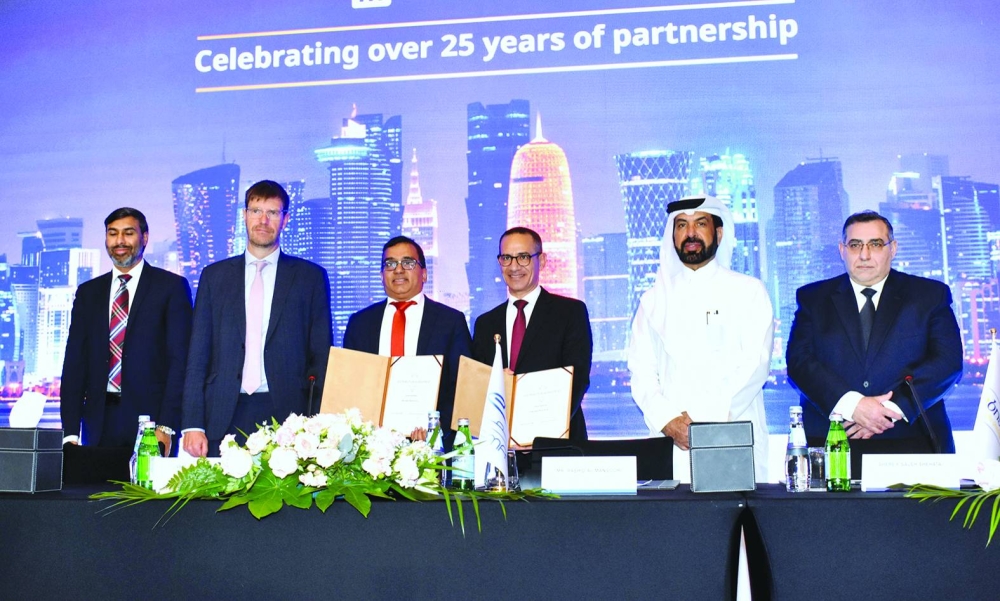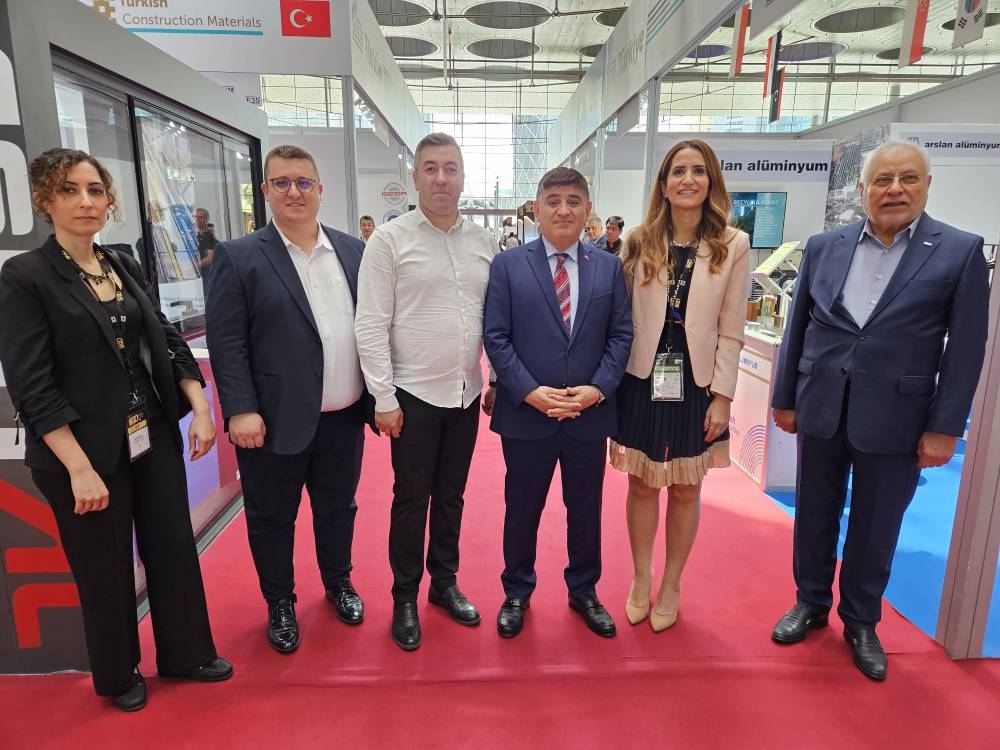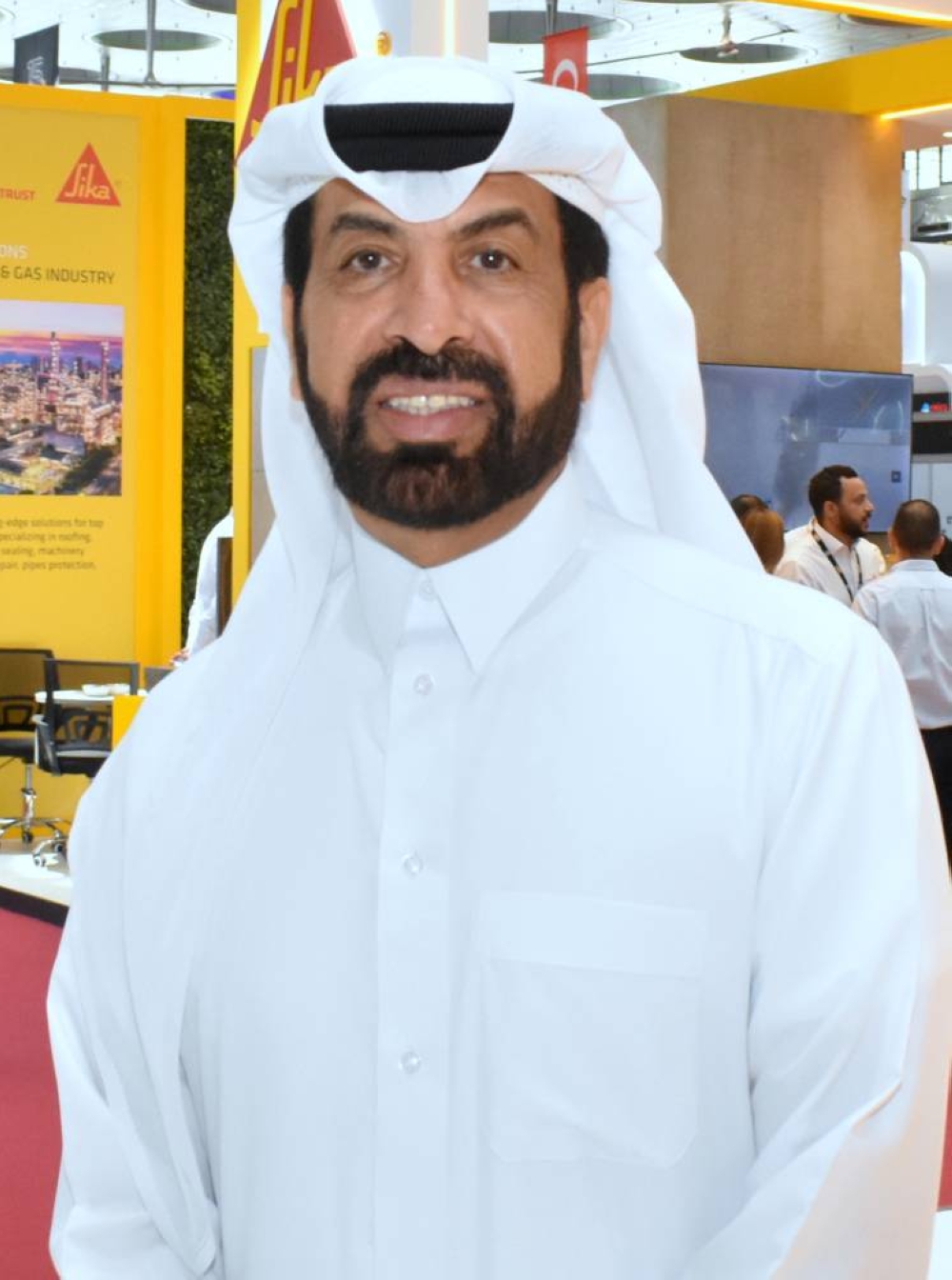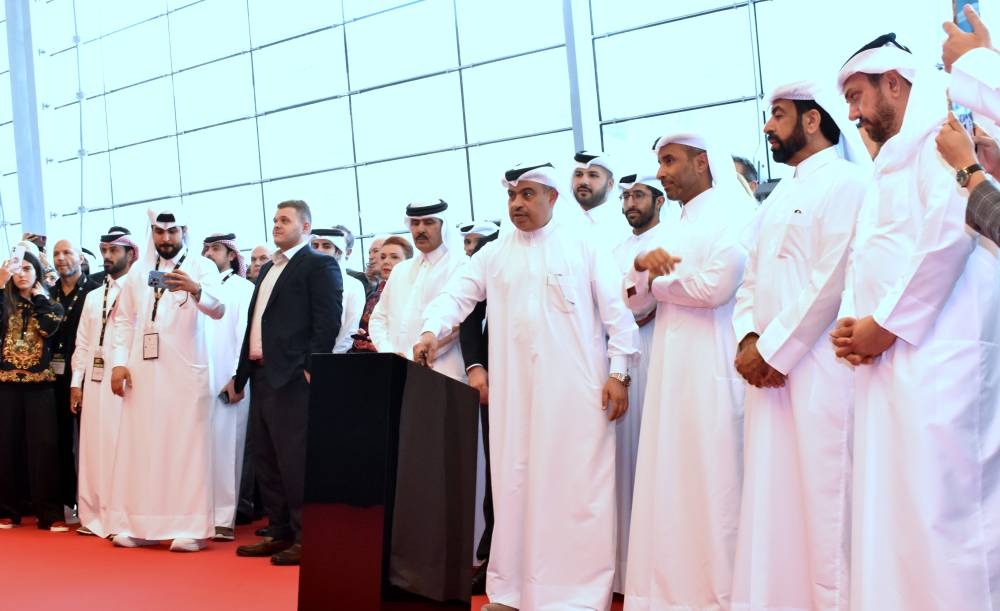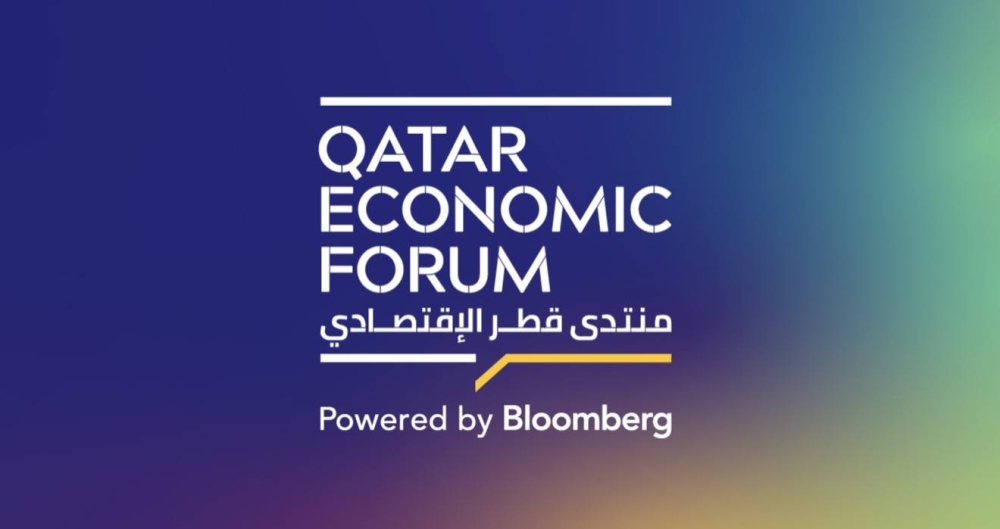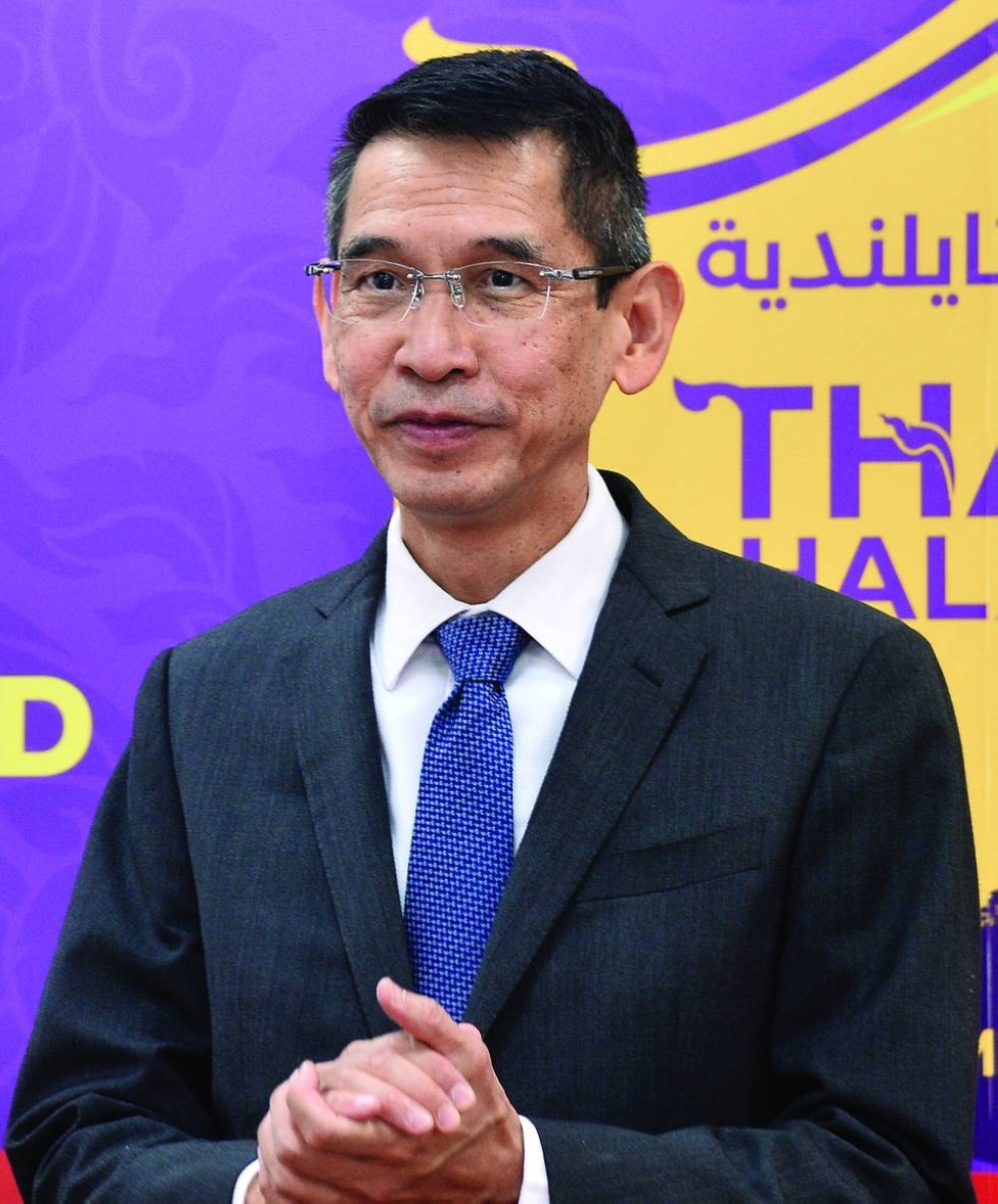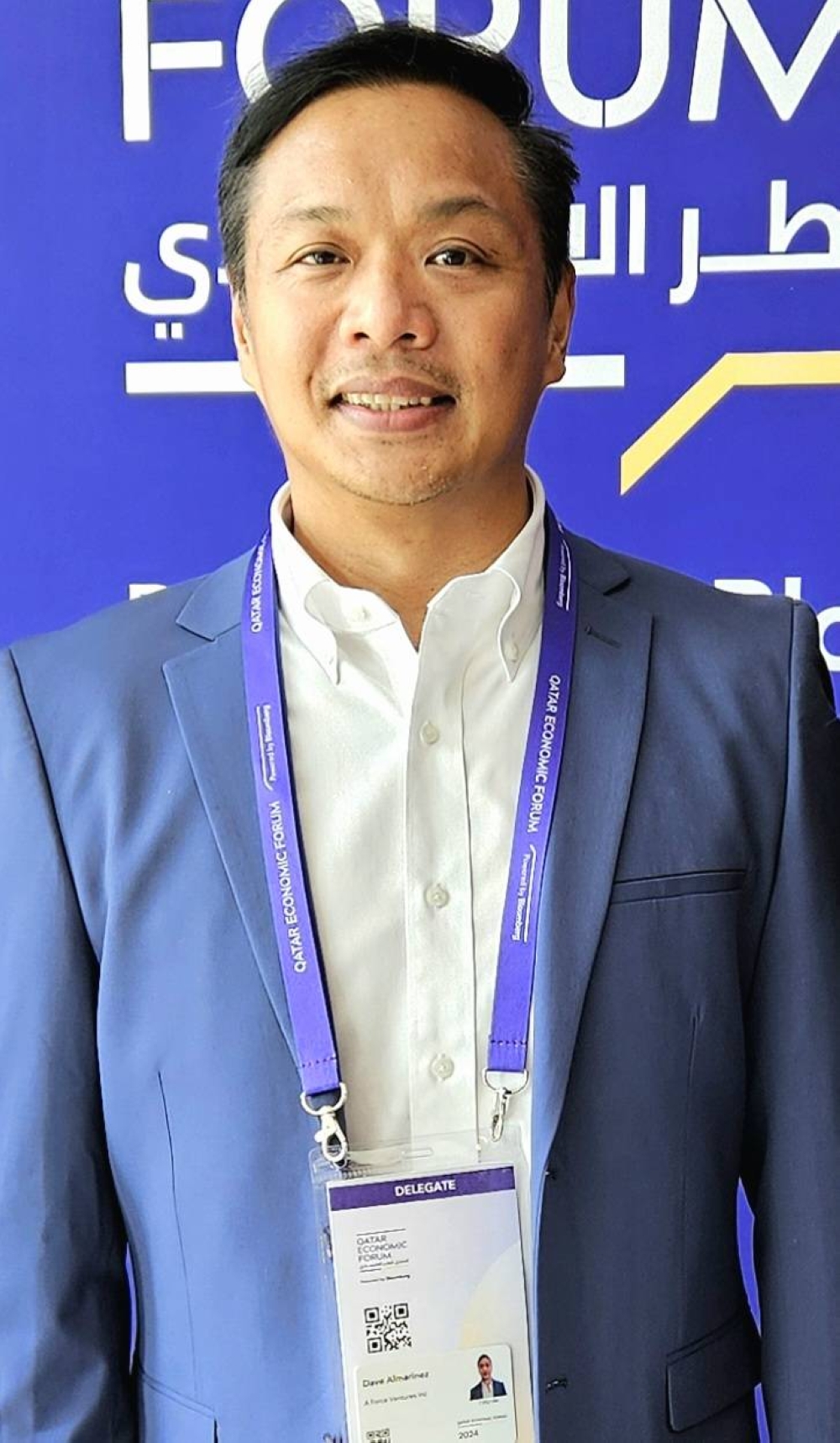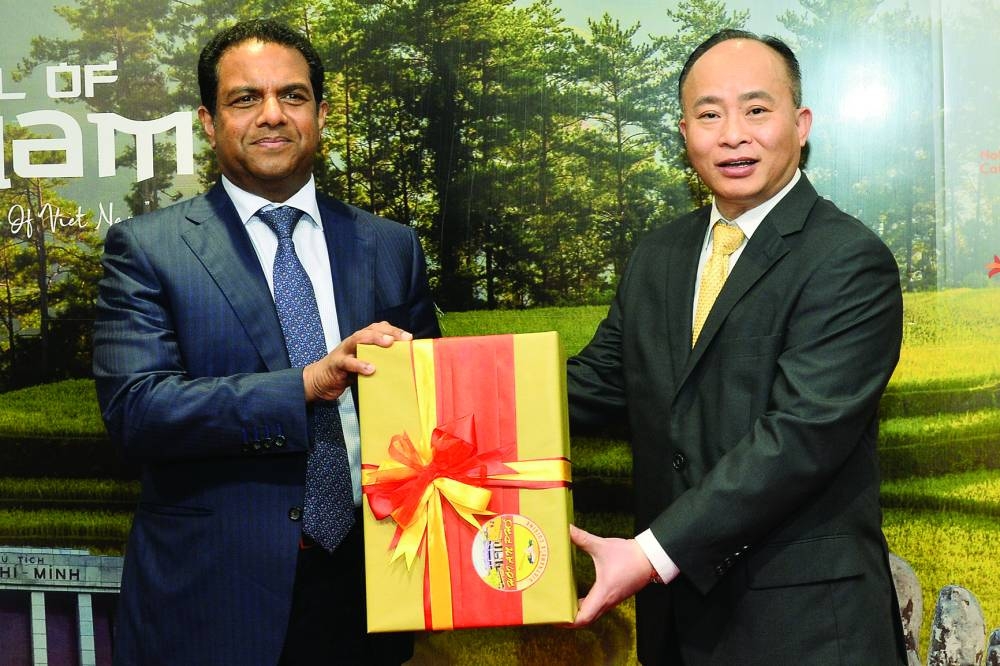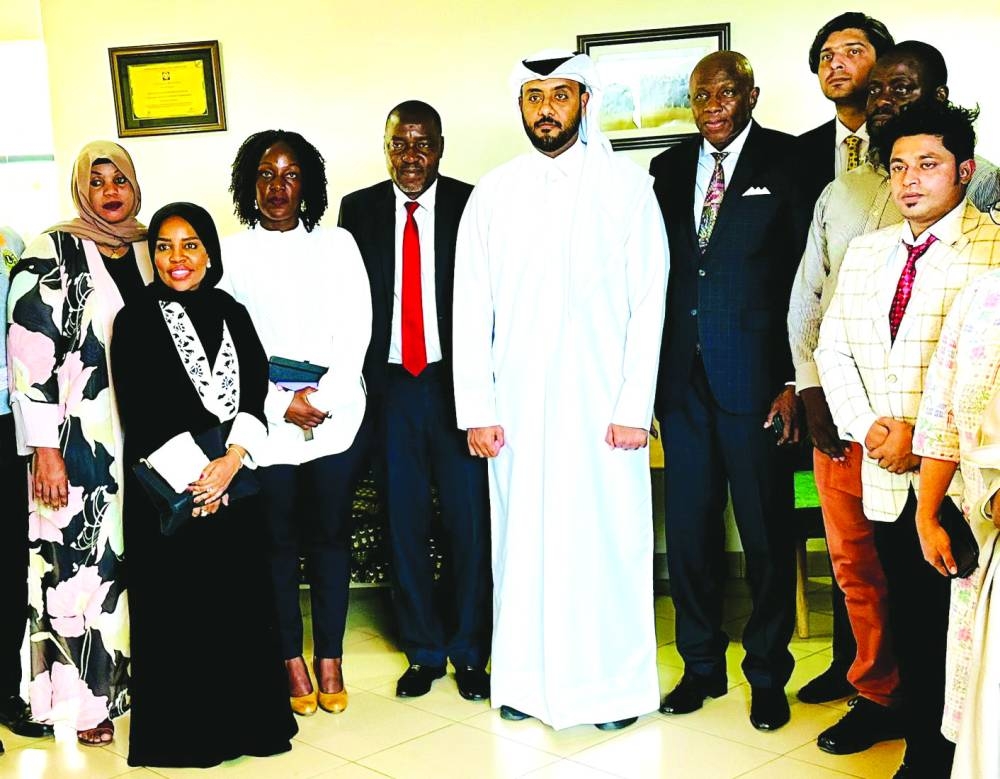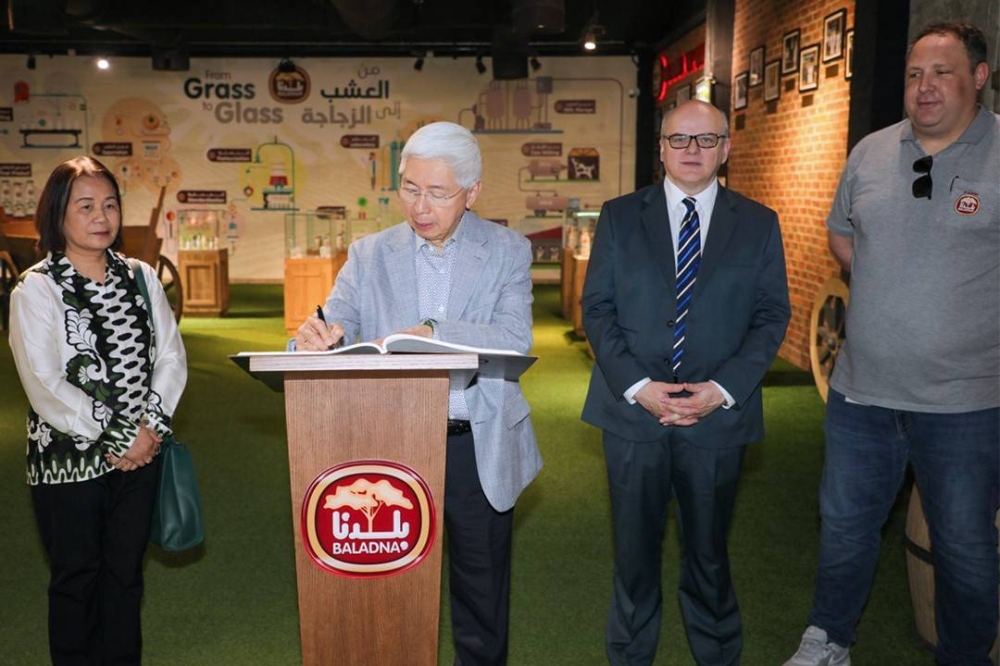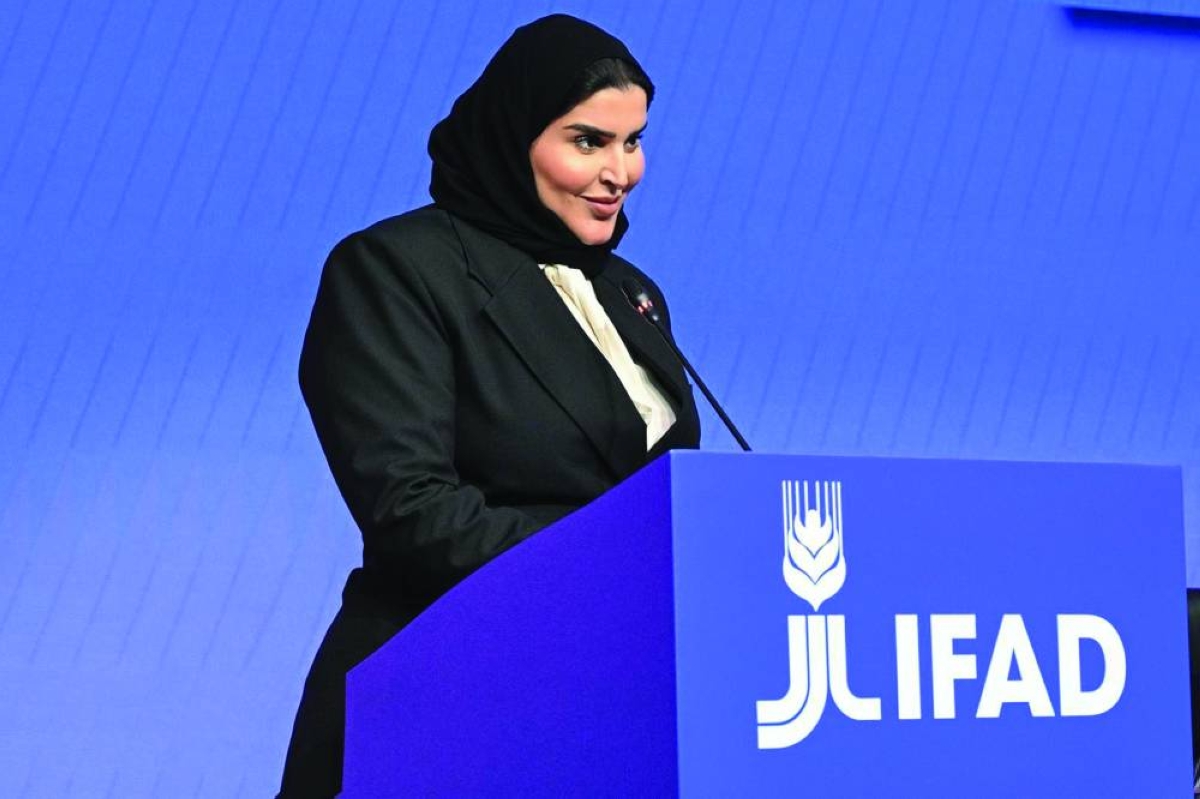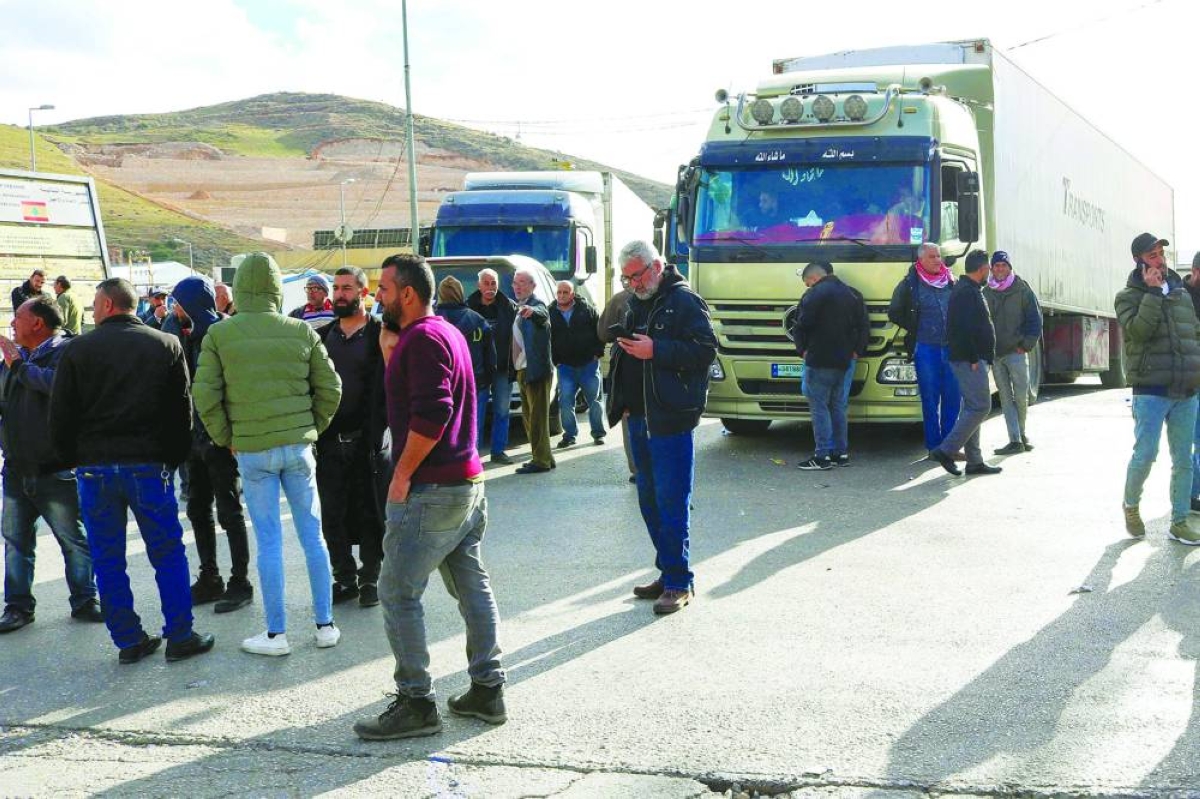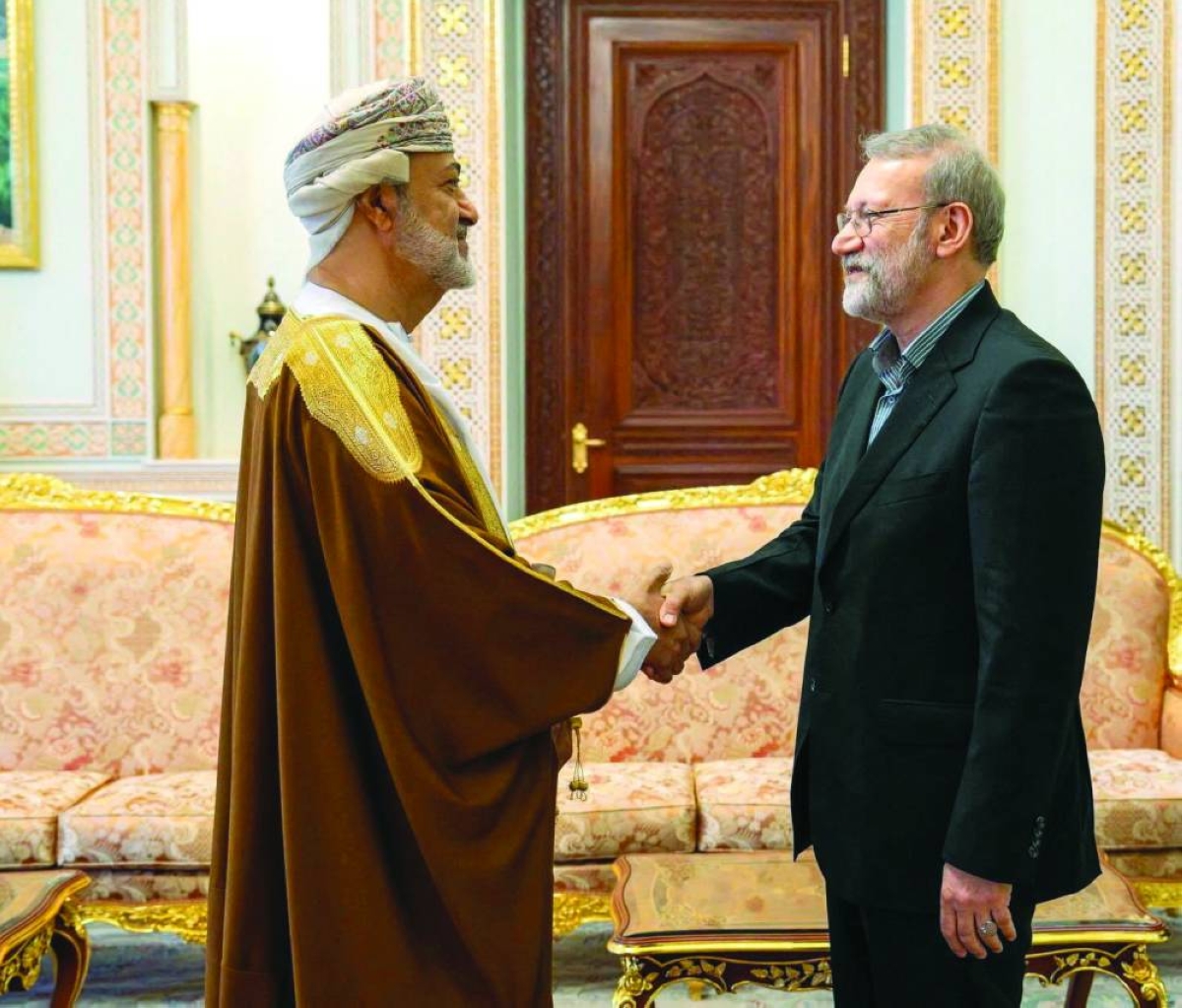The Swedish embassy here is working on bolstering contacts between Qatar and Sweden’s entrepreneurial and startup ecosystems to drive innovation, potential partnerships, and talent sourcing, according to top diplomat, Gautam Bhattacharyya.The Swedish ambassador lauded institutions like Qatar Foundation and Education City, as well as its technology parks and incubation centres, including the country’s infrastructure and transport systems, which provide a conducive ecosystem for startups and small and medium-sized enterprises (SMEs) to thrive.“Everything is set. The next step is to stimulate innovation and entrepreneurship in Qatar and attract talented individuals and companies. Sweden boasts an abundance of such resources. Hitherto, neither Sweden nor Qatar have perhaps engaged so much that both their respective innovative ecosystems know each other, in-depth.“Consequently, we are collaborating closely on initiatives that would establish more systematic connections between Swedish and Qatari institutions or organisations, such as incubators, software technology parks, and various innovation programmes and agencies,” Bhattacharyya told Gulf Times in an exclusive interview.While Sweden has had several delegations in this field, Bhattacharyya also called for more traffic and engagement between Qatar and Nordic countries like Denmark, Sweden, Finland, Norway, and the Baltics.“Our presence in the Gulf region, particularly in Qatar, is somewhat low-key. Given the advanced nature of the Swedish and Nordic economies, our engagement can be remedied by high-level visits in both directions, including deeper engagement on the political front, as well as in the business and academic spheres. That is precisely the dynamic we are trying to build. We see traction in that regard and are very optimistic for the future”, he emphasised.Bhattacharyya pointed out that Sweden’s expertise in the field of sustainable green technologies, as well as digitalisation, machine learning, cybersecurity, and deep technology, also offers more potential avenues for cooperation with Qatar’s private and public sectors.“Sweden is a leader in green technologies and we also have a large number of startups and unicorns in this field. We have a huge ecosystem of companies in Sweden pioneering new technologies powered by artificial intelligence (AI) and quantum computing, with a particular focus on sustainability applications,” the ambassador explained.Similarly, he said Sweden is also a leader in transport and the electrification of buses, cars, and trucks. In the field of aerospace, the ambassador said a Swedish company is on its way to producing electric hybrid aeroplanes. “After the summer, a regular ferry route of the Stockholm Public Transport Authority will be operated by an all-electric ferry for the first time,” he noted.Bhattacharyya also underscored Sweden’s longstanding and growing footprint in Qatar, citing the presence of major engineering companies and large corporate firms in the telecom, oil and gas sectors and downstream industrial sectors, amongst others.

Peter Alagos
Peter Alagos reports on Business and general news for Gulf Times. He is a Kapampangan journalist with a writing career of almost 30 years. His photographs have been published in several books, including a book on the 1991 Mt. Pinatubo eruption launched by former Philippine president Fidel V. Ramos. Peter has also taught journalism in two universities.
Most Read Stories

